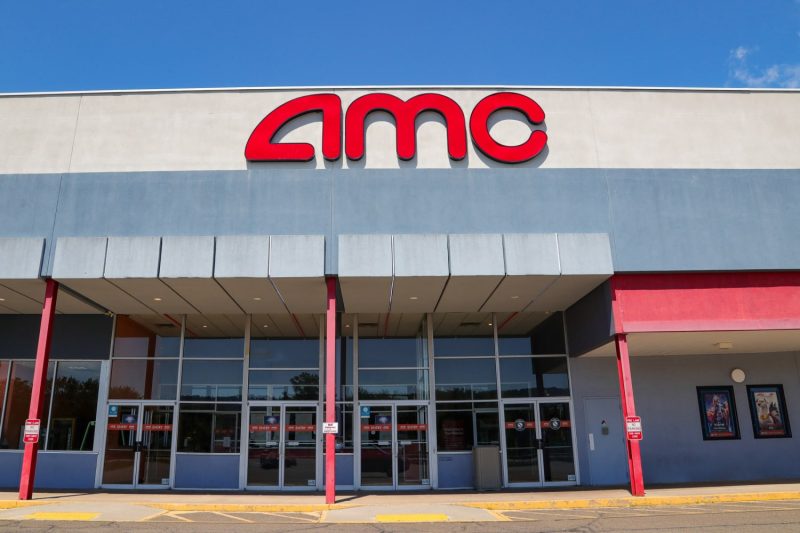Meme Stock Resurgence: Understanding the Hype Around GameStop, AMC, and More
GameStop and AMC Entertainment Holdings are once again capturing the attention of investors and the general public alike in what can be described as a resurgence of meme stocks. These companies, along with a few others, have seen unprecedented levels of volatility and trading activity driven primarily by the collective actions of retail investors on social media platforms like Reddit’s WallStreetBets. The renewed interest in these stocks has sparked debate and fascination within the financial community, as well as among ordinary individuals who are eager to understand the underlying dynamics of this phenomenon.
One key factor contributing to the popularity of meme stocks is the sense of empowerment felt by retail investors who are able to challenge traditional Wall Street norms and influence market movements through the power of social media. Unlike institutional investors who rely on in-depth research and analysis, retail traders in online communities can quickly mobilize and coordinate their efforts to drive up the prices of targeted stocks in what is often referred to as a short squeeze. This collective action can lead to significant fluctuations in stock prices, sometimes causing substantial losses for short-sellers who bet against these companies.
The GameStop saga earlier this year serves as a prime example of the potential impact that retail investors can have on the stock market. The sudden and massive surge in GameStop’s share price caught many institutional investors off guard, resulting in substantial losses for hedge funds that had taken short positions on the stock. This David-versus-Goliath narrative captured the public’s attention and further fueled the meme stock craze, inspiring a new wave of retail traders to enter the market and participate in similar speculative trades.
Apart from GameStop, other companies such as AMC Entertainment Holdings have also experienced heightened investor interest, driven in part by the broader trend of meme stock mania. AMC, a struggling movie theater chain that saw its business severely impacted by the COVID-19 pandemic, suddenly found itself in the spotlight as retail traders sought to rally behind the company and thwart the efforts of short-sellers. The resulting price surges and volatile trading activity surrounding AMC shares exemplify the unpredictable nature of meme stocks and the influence of online communities in shaping market sentiment.
While the meme stock phenomenon can be seen as a form of market disruption that challenges conventional trading practices, it also raises concerns about the potential risks and long-term implications for individual investors and the stability of the financial system. The speculative nature of meme stocks, characterized by extreme price fluctuations and heightened volatility, can lead to substantial losses for those who enter the fray without a clear understanding of the underlying fundamentals of the companies in question.
Moreover, the regulatory implications of meme stock trading have come under scrutiny, with regulatory bodies like the Securities and Exchange Commission (SEC) closely monitoring trading activities and potential market manipulation. The decentralized nature of social media-driven trading poses challenges for regulators in ensuring market integrity and investor protection, as the boundaries between free speech and coordinated market manipulation become increasingly blurred.
In conclusion, the resurgence of meme stocks such as GameStop and AMC Entertainment Holdings underscores the evolving dynamics of the modern stock market, where retail investors wield newfound power through online communities and social media platforms. While the phenomenon has captured the imagination of many and brought issues of market transparency and accessibility to the forefront, it also highlights the need for investors to exercise caution and diligence in navigating the volatile landscape of meme stock investing. As the meme stock mania continues to fluctuate and evolve, one thing remains certain – the influence of retail traders in shaping the market is a force to be reckoned with.

